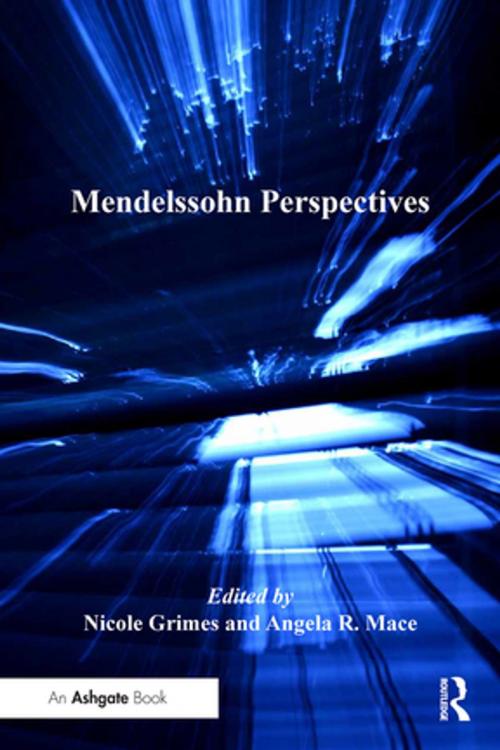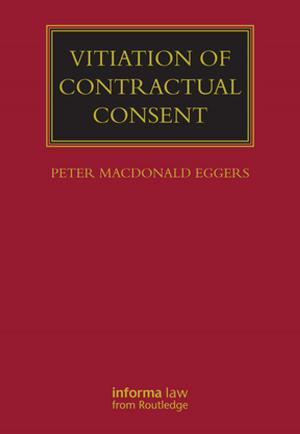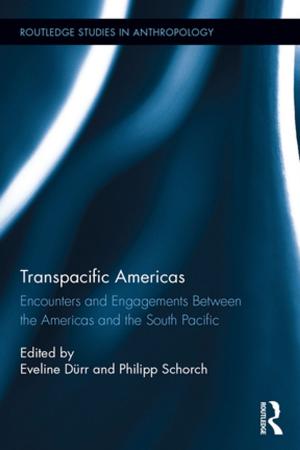Mendelssohn Perspectives
Nonfiction, Entertainment, Music, Theory & Criticism, History & Criticism, Reference| Author: | ISBN: | 9781317097389 | |
| Publisher: | Taylor and Francis | Publication: | April 22, 2016 |
| Imprint: | Routledge | Language: | English |
| Author: | |
| ISBN: | 9781317097389 |
| Publisher: | Taylor and Francis |
| Publication: | April 22, 2016 |
| Imprint: | Routledge |
| Language: | English |
If the invective of Nietzsche and Shaw is to be taken as an endorsement of the lasting quality of an artist, then Felix Mendelssohn Bartholdy takes pride of place beside Tennyson and Brahms in the canon of great nineteenth-century artists. Mendelssohn Perspectives presents valuable new insights into Mendelssohn’s music, biography and reception. Critically engaging a wide range of source materials, the volume combines traditional musical-analytical studies with those that draw on other humanistic disciplines to shed new light on the composer’s life, and on his contemporary and posthumous reputations. Together, these essays bring new historical and interpretive dimensions to Mendelssohn studies. The volume offers essays on Mendelssohn's Jewishness, his vast correspondence, his music for the stage, and his relationship with music of the past and future, as well as the compositional process and handling of form in the music of both Mendelssohn and his sister, the composer Fanny Hensel. German literature and aesthetics, gender and race, philosophy and science, and issues of historicism all come to bear on these new perspectives on Mendelssohn.
If the invective of Nietzsche and Shaw is to be taken as an endorsement of the lasting quality of an artist, then Felix Mendelssohn Bartholdy takes pride of place beside Tennyson and Brahms in the canon of great nineteenth-century artists. Mendelssohn Perspectives presents valuable new insights into Mendelssohn’s music, biography and reception. Critically engaging a wide range of source materials, the volume combines traditional musical-analytical studies with those that draw on other humanistic disciplines to shed new light on the composer’s life, and on his contemporary and posthumous reputations. Together, these essays bring new historical and interpretive dimensions to Mendelssohn studies. The volume offers essays on Mendelssohn's Jewishness, his vast correspondence, his music for the stage, and his relationship with music of the past and future, as well as the compositional process and handling of form in the music of both Mendelssohn and his sister, the composer Fanny Hensel. German literature and aesthetics, gender and race, philosophy and science, and issues of historicism all come to bear on these new perspectives on Mendelssohn.















